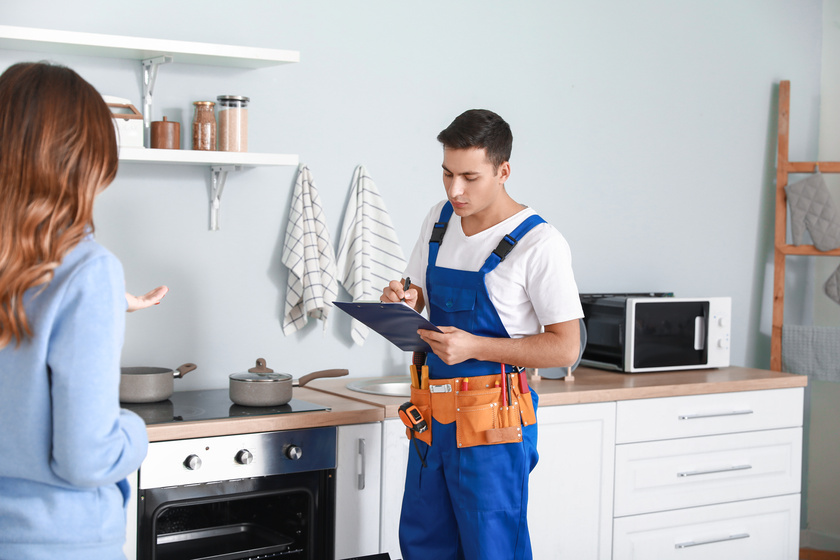The kitchen is referred to be the “core” of the house. This is valid for senior citizens who might now be cooking for themselves. However, due to the threat of fire hazards, slips, and falls, kitchens may also be quite hazardous for elderly folk. Because of their limited mobility and perhaps even cognitive deterioration, seniors are more likely to encounter these scenarios. Read on to learn more about what
memory care communities in Lenoir, NC do to encourage seniors to maintain kitchen safety in order to have a safer and happier senior living experience.
Why Is Kitchen Safety Important?
A senior individual might not be able to respond quickly enough in the kitchen when it matters, which might result in a fire, a fall, or serious injury. Additionally, elders who are experiencing cognitive loss may fail to turn off the stove, some other piece of equipment, or the oven, which can result in injuries or even mortality.
Seniors may take a variety of steps to avoid accidents in the kitchen and fires. Here are some safety guidelines to take into account for your elderly loved one. When assessing the security of your senior beloved one’s cooking area, bear in mind that every residence has an own design. Make absolutely sure that you are taking this into account.
Kitchen Safety Checklist
- To reduce the likelihood of forgetting anything on the stove, make sure they are utilizing timers.
- Appliances with automatic shut-off features, such as stoves, are essential.
- To avoid fires, surfaces should be spotless and organized, especially the stove.
- To avoid burns, cooking pans should be flipped inside out.
- Conduct a complete inspection of all the wiring, outlets, and smoke alarms.
- Make sure your beloved one pulls up their sleeves or wears short sleeved clothes when cooking to avoid them getting trapped and maybe burning.
- Make sure to go through the proper usage of the fire extinguisher with them and have one in the kitchen.
- If your beloved one has dementia or Alzheimer’s, remove sharp things.
- After, during, and prior to doing any culinary task, including chopping raw produce, wash your hands well.
- To make sure that the food is consumed by the appropriate date for usage, ask your beloved one to indicate the date they purchased the item using a marker.
- After being exposed to heated temperatures, refrigerate perishable items within two hours. To ensure that perishable food is securely preserved, the fridge should then be maintained at forty degrees Fahrenheit.
- Install a gadget that enables automatic shut-off for various devices when it does not register motion if your beloved one has a tendency to forget things.
- To avoid falls, all devices should have frequent leak checks.
- To prevent requiring stools to reach goods, pans and pots must be easily accessible and have two handles.
- All portions of the cooking area should be well-lit.
- Put non-slip mats in place.
- Clear the kitchen’s walking spaces of any debris.
- Make sure they are wearing non-slip slippers if they possess tile floors.
- Install motion-activated lighting along the senior’s nighttime route.
- Heavy objects should be put away or placed within easy reach.
- Avoid injury from shattered ceramic or glass by using tableware that cannot break easily.







